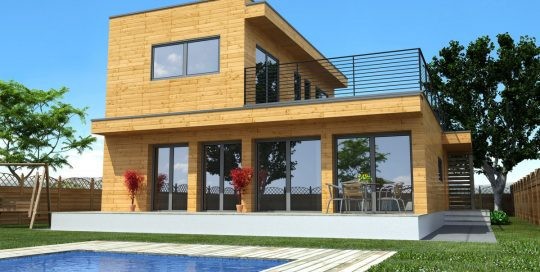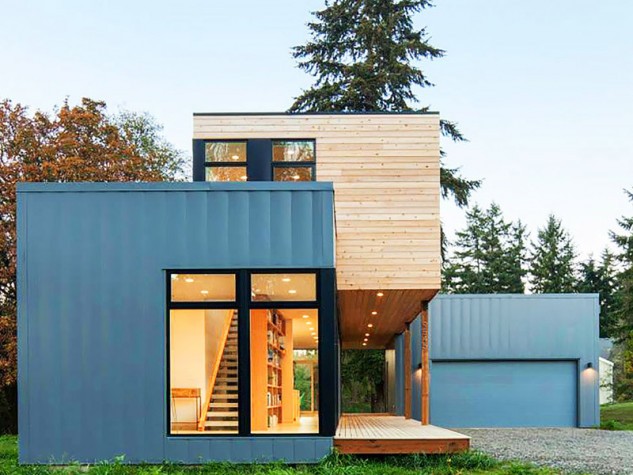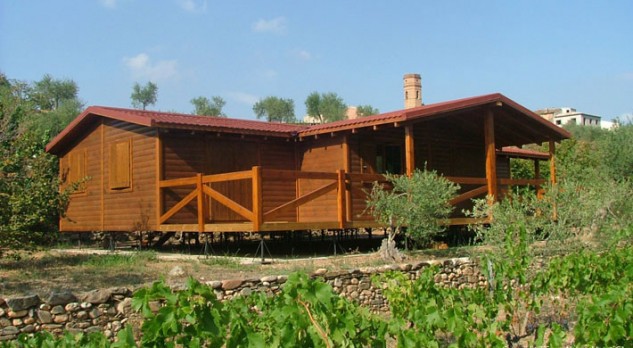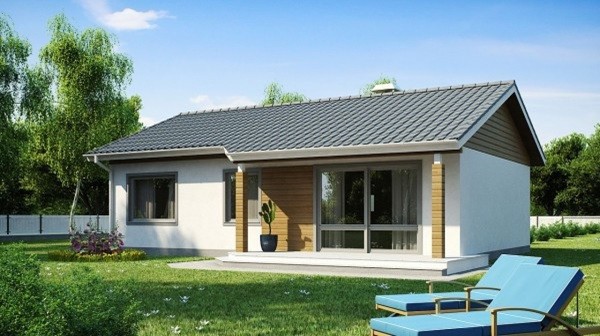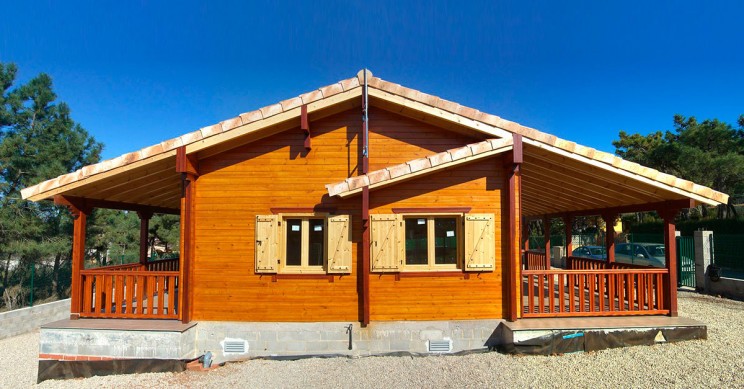
Wooden prefabricated houses are seeing a substantial growth in demand in Spain in a market that is seeking new types of sustainable and efficient housing. These industrialised models are establishing themselves in the market with new offers that appear at affordable prices for any budget.
Prefabricated housing in Spain is gaining prominence and popularity in the residential housing sector in general, especially after the coronavirus pandemic, as people begin to search for new models of construction that are efficient, both in terms of cost savings during the construction process and in the sustainability of the house itself during its life cycle.
The current construction of prefabricated wooden houses is much more professional than the old plywood constructions that may spring to mind. Currently, and thanks to their industrialisation, the new models are completely efficient, for sale at prices that are affordable for any budget and safe for their future owners, while managing to reduce construction times at a closed price without generating waste. These models also allow efficient thermal and acoustic insulation.
How long does it take to make one of these prefab houses? A model of the average prefabricated wooden house takes about 15 hours to make the assembly of the enclosure and 6 months to finish the house completely, half the time of a traditional construction house.
Let's have a look at some examples:
